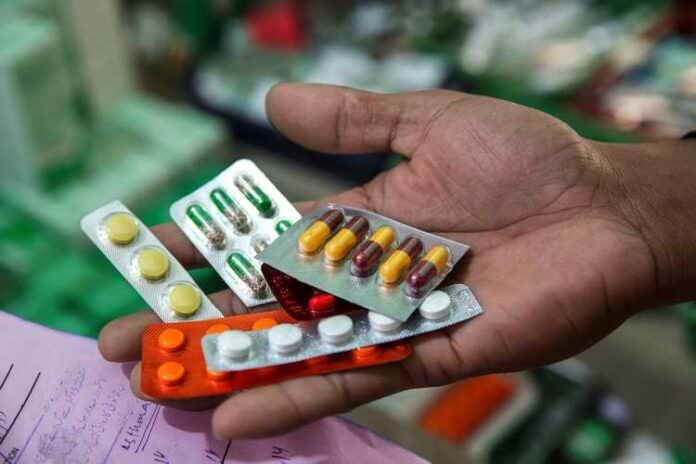
By: Staff Writer
January 19, Colombo (LNW): Recently, Sri Lanka’s healthcare system has faced increasing pressure due to a shortage of essential medicines.
A key factor behind these shortages is the delay in the procurement process, which has hindered the timely arrival of medical supplies.
Although medicine shortages have been a persistent issue since the economic crisis, the extended approval timelines and lack of coordination within the healthcare system are particularly concerning. Swastha, the Ministry of Health’s (MOH) medical supplies information system, reports that there is currently a shortage of 300 essential medicines needed for treating critical health conditions.
These ongoing procurement challenges must be addressed to prevent further exacerbation of shortages, which ultimately threatens the lives of Sri Lankan citizens.
The shortage of specific medicines can also be traced back to the quality of drugs being imported, which underscores the importance of competitive bidding in procurement. When authorities evaluate tenders, they have cancelled those offering subpar medicines, but they have failed to reissue tenders or invite bids for these vital supplies.
Competitive bidding, when applied properly, ensures that clear quality standards are set, encouraging suppliers to meet those standards. It can also help eliminate monopolies formed through preferential drug registration practices, creating a fairer competitive environment and reducing the risk of a few suppliers controlling the procurement process.
Medical experts have stressed the urgent need for a structured and systematic approach to resolve the national medicine supply crisis. This involves streamlining procurement processes, enhancing transparency, and fostering better coordination among stakeholders to prevent supply disruptions.
Although the recently published procurement guidelines align with best practices, the necessary legal frameworks to enforce these processes in public sector procurement have yet to be established.
Implementing a procurement law would provide a legal foundation to enforce standards and principles in public procurement. This would allow authorities to hold violators accountable, as non-compliance could result in legal consequences or international sanctions.
The Advocata Institute has called on the government to establish a comprehensive procurement law to improve accountability, efficiency, quality, and competitiveness in public procurement.
Such a law would also ensure that state-owned enterprises (SOEs) function effectively across various sectors of the economy, optimize large-scale infrastructure projects, and guarantee that public resources deliver maximum benefit to society.
For Sri Lanka’s healthcare system, an efficient and transparent procurement process is essential to ensuring equitable, cost-effective, and high-quality services for millions of citizens who rely on the public healthcare system.
A procurement law that codifies these practices would establish clear processes, reduce corruption, increase competition, and ensure accountability, ultimately optimizing public funds and strengthening the entire healthcare infrastructure.
